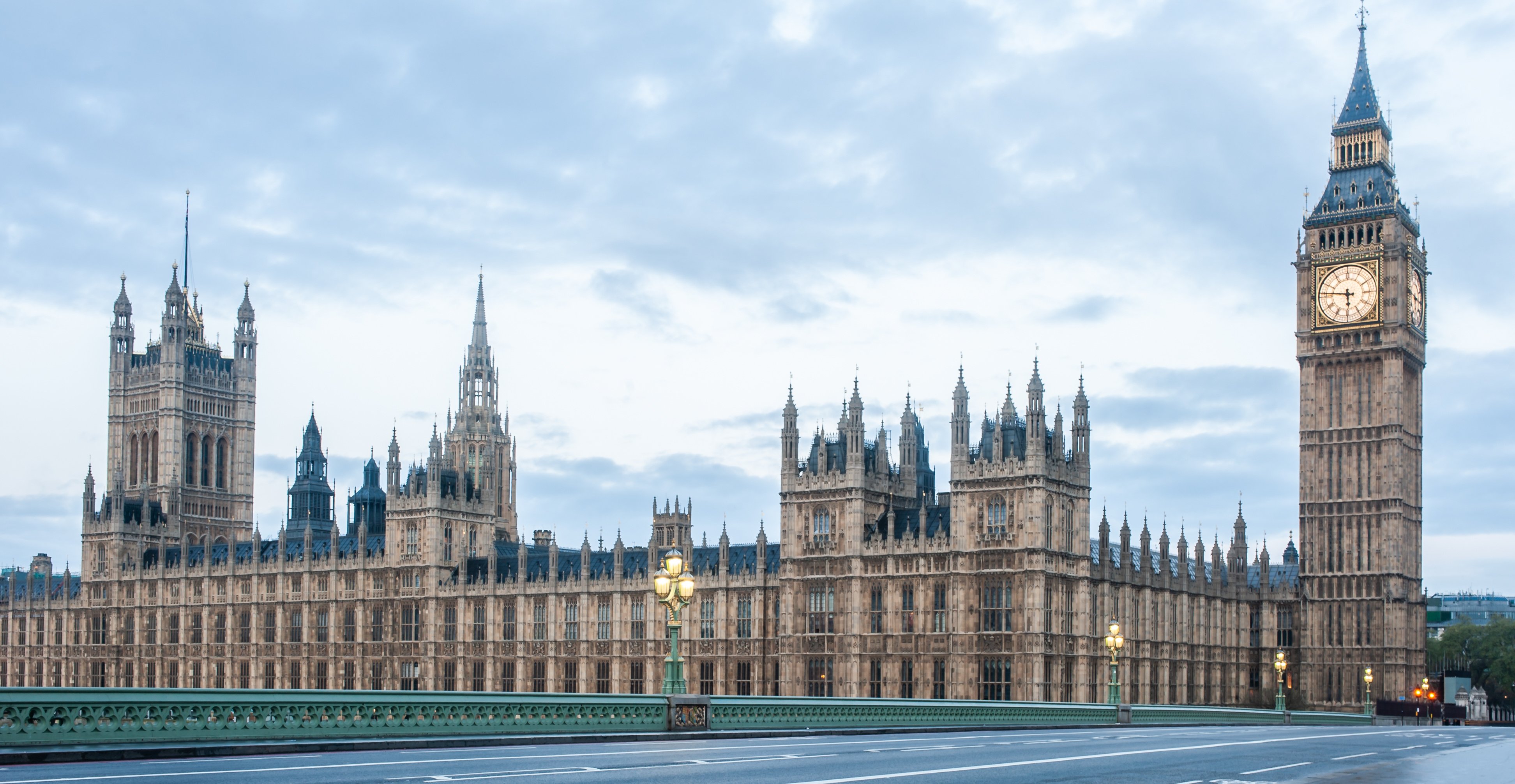What did the 2019-24 Parliament do for the tech sector?
by Matthew Niblett on 30 May 2024
In advance of the General Election on 4 July, Parliament has been formally dissolved. This Parliament, constituted following Boris Johnson’s landslide election victory in December 2019, has passed several pieces of important tech legislation, though some others have fallen by the wayside in the rush to finish business before dissolution. In this blog, we examine what the 2019-24 Parliament, and the government which commanded a majority within it, did for the tech sector.
Context
The Conservative Party, led by Boris Johnson, won an 80-seat majority in December 2019, in an election which focused heavily on Brexit. Johnson’s pitch to the voters was that, after finalising the UK’s withdrawal from the European Union, his government would unleash Britain’s potential, tapping into scientific advances and innovation to generate wealth and spread it to parts of the country which had been left behind by previous governments. Though the 2019 manifesto was light on detail, the Conservatives did promise to focus policy on areas where the UK could generate a lead, such as artificial intelligence. They also promised to legislate to make the UK the safest place in the world to be online, continuing work that had begun under Theresa May’s administration.
Johnson's programme was derailed by the Covid-19 pandemic, which took most of the government’s attention, and which fundamentally led to his downfall, following the Partygate scandal. During this time, the UK was also rocked by the fallout from Russia’s invasion of Ukraine, which caused wholesale gas prices and therefore energy bills to skyrocket. Johnson’s successor, Liz Truss, was in office for too little time to achieve much in the tech space. Under Rishi Sunak, with Covid seemingly in the past, the UK was at last able to make some progress on tech policy.
Major legislative achievements
Two pieces of legislation stand out above the others from this period: the Online Safety Act and the Digital Markets, Competition and Consumers Act. The OSA imposes duties on user-to-user and search services, including duties to prevent all users from encountering illegal content, and to prevent children from encountering certain kinds of legal but harmful content. Companies must carry out risk assessments to take steps to act on the risks which they identify or face hefty fines for non-compliance. The OSA will be enforced by Ofcom, the UK’s communications regulator. We published a blog on the OSA when it became law, which you can read here.
The DMCCA is a broad law which puts on a statutory footing the UK’s ex-ante digital competition regime. The Act gives the Competition and Markets Authority, the UK’s competition watchdog, the ability to designate firms as having strategic market status, meaning that their activities and future acquisitions will be heavily scrutinised. It also makes some changes to consumer protection law, including outlawing the commission, drafting, and publication of fake reviews, and clamping down on drip pricing, a practice whereby vendors neglect to display mandatory additional fees at the beginning of a transaction. The DMCCA became law in May 2024, and our blog explaining what it does can be found here.
Other notable developments
Aside from the headline-grabbing acts described above, the 2019-2024 Parliament passed numerous tech related legislation. The Advanced Research and Invention Agency Act 2022 created a government research funding agency whose remit is to resource high risk, high reward research. The Air Traffic Management and Unmanned Aircraft Act was an attempt to clamp down on the illegal use of unmanned aircraft (drones), amongst other things. The Automated Vehicles Act, passed in May 2024, creates a legal framework for driverless cars in Great Britain (Northern Ireland is not in scope of the act).
The Media Act is a wide-ranging piece of legislation which gives Ofcom new powers to ensure that video-on-demand providers such as the major streaming services take appropriate audience protection measures and brings the regulatory framework for these companies into line with that of the on-demand services provided by public service broadcasters. The Product Security and Telecommunications Infrastructure Act creates minimum cybersecurity standards for connected devices while the Telecommunication Security Act requires telecom providers to have measures in place to identify, prepare for, and reduce the risk of security compromises.
Finally, though not a legislative development, we must note that this Parliament saw the creation of a government department dedicated to science and technology, the Department for Science, Innovation and Technology, a first for the UK. Labour has not confirmed whether it will keep the existing departmental structure should it win power but, given the importance of the tech sector to Britain’s economy and the positive reception which the creation of DSIT elicited from within the tech community, it would come as a surprise should Labour fold it back into the Department for Culture, Media and Sport from whence it came.
Areas to watch
Some sectors were subject to parliamentary investigation and initial government consultation and policymaking but were deemed to be sufficiently nascent that legislation was not desirable. The most obvious example of this is artificial intelligence, which was the subject of an inquiry by the House of Commons Science, Innovation and Technology Committee, as well as a global safety summit and government white paper, but which was not legislated for during this parliament. That situation is likely to change should Labour win the general election, with the party promising binding regulations for the most powerful AI models were it to form the next government.
Quantum and neurotechnologies have also featured both in government strategies and in parliamentary inquiries. Given that both technologies are comparatively young, the main policy objective for the time being is to watch as the market develops and legislate only if absolutely necessary, but given the rapid pace of technological development, we may well see some legislative action on this during the next parliament. The next parliament will also likely continue its predecessor’s interest in how the UK can access the required supply of critical minerals and, related to this, how the country can ensure that it has access to the semiconductors which its tech sector needs.
The major piece of policy work scuppered by the calling of the election was the planned reform to UK GDPR contained within the Data Protection and Digital Information Bill. The outgoing Conservative government saw GDPR reform as a key opportunity following Brexit and could pick this issue up should it return to power. Labour is less likely to seek major divergence from the EU, but given rapid developments in AI and algorithmic decision-making, is highly likely to legislate in this area too.
Conclusion
Despite Covid-19, Brexit, and the war in Ukraine, this Parliament has been very fruitful in terms of tech policymaking. Given the major changes which emerging technologies such as AI and quantum could have on the economy and society, we would expect the next parliament to be just as active in this area.
During the general election campaign, we will be monitoring the publication of party manifestos, publications by think tanks, and the post-election King’s Speech for developments that are relevant to the tech sector and opportunities for tech companies to influence policy and regulation. Subscribe to updates below to make sure you don’t miss out on any of our analysis and summaries over the coming weeks!
Topics: UK politics, Technology






Comments